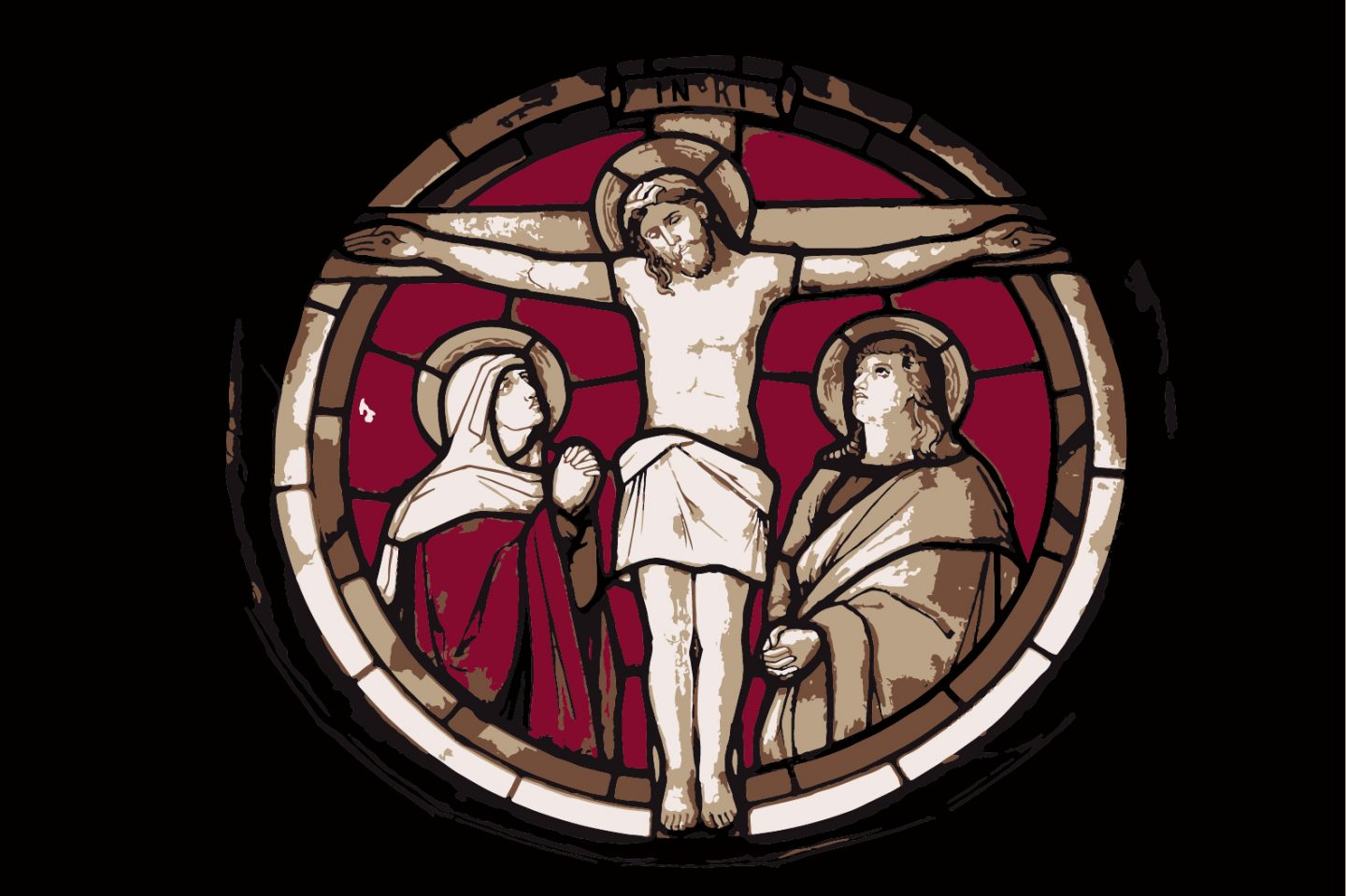Rated as one of the most violent scenes ever filmed, the crucifixion depicted in The Passion of the Christ was brutal, graphic and accurate. Even if you have never watched the movie, you can imagine how it would feel if your body was hammered onto and hung from a cross. Crucifixion is pretty… torturous.
And that was one thing I could not wrap my head around. I understood why Jesus had to die for us. But die, die lah. Must it be a bloody crucifixion?
THE SPIRITUAL DEATH
We know the story of Adam and Eve: Both saw the juicy fruit, got tempted by a snake, and ate of the fruit even though God had commanded them not to. From that point on, sin crept into mankind, and because God is holy and cannot tolerate sin, we are separated from God.
It’s like water and oil. No matter how you shake the bottle, the 2 elements simply stay separate. They just can’t be together.
If you think about it, we don’t “go to hell”, because we already are in hell, or at least condemned to it without divine intervention.
So let’s say, for the rest of eternity, you’re forced to stay away from … chocolate. Or replace it with something that you really like. Life won’t be as pleasant but you won’t die without it. But there’s the catch: God is the source of life. Apart from Him, there is no life, only death. Spiritual death. Aka hell.
If you think about it, we don’t “go to hell”, because we already are in hell, or at least condemned to it without divine intervention. Our only hope for heaven is if someone can take our place – come on as a substitute – to pay for our sin.
Imagine a court scene. The defendant has been adjudged guilty and is given the death sentence. A fellow inmate who has also received the death sentence can’t stand in as a replacement because he himself has his own punishment to bear. A perfect, blameless scapegoat – one not marked for death – is needed to take the sentence.
But … who? Who is sinless except God? Nobody. Only He can die and make atonement on behalf of our sins. But how can God, an immortal, die? This is why God had to appear in human form. Only then can He sacrifice His life for us.
Cue Jesus.
THE LIFE IS IN THE BLOOD
If you have been to a blood donation drive, you might be familiar with such posters:

This is not just a biological concept; it is also a biblical concept. In Leviticus 17:11, it says that the life of a creature is in its blood. Blood represents the life which is needed to make atonement. Without blood, there is no atonement, no forgiveness (Hebrews 9:22). Therefore, the shedding of blood is of utmost significance in the sacrifice.
THE BLOODY CROSS
Back in the days of Moses, when Jesus had yet to be born, animals were sacrificed for the atonement of sins. They acted as a reminder to the Israelite about the severity of their sin. But animal sacrifices were not perfect. They couldn’t fully satisfy the conditions that the consequences of sin demanded, and could only act as a temporary substitution. That was why animal sacrifices had to be done year after year.
And even with that condition, only the high priest could enter the Holiest of the Holies to come into God’s presence.
But Jesus was born. He was the perfect lamb, blameless and sinless (John 1:29). And his blood was shed on the Cross for us, on Good Friday, so many years ago.
“For since death came through a man, the resurrection of the dead comes also through a man. For as in Adam all die, so in Christ all will be made alive.” (1 Corinthians 15:21)
We have been made righteous once and for all (Hebrews 7:27). Animal sacrifices are henceforth redundant. It is done. Because of that, we no longer need to shed animal blood in a yearly ritual but instead we can celebrate with thanksgiving the blood that had been spilled on our behalf every Good Friday, and the Resurrection on Easter.
So, thank you Jesus, for the bloody Cross.









